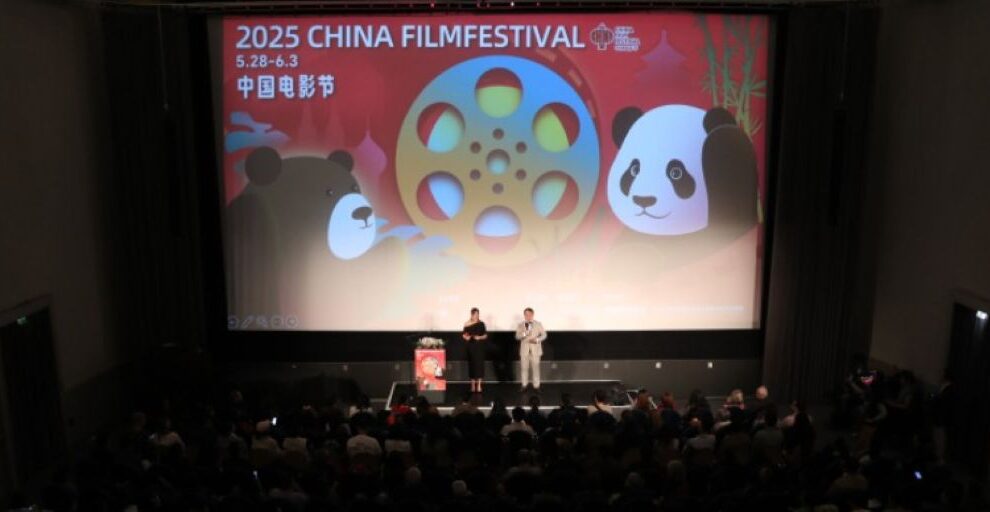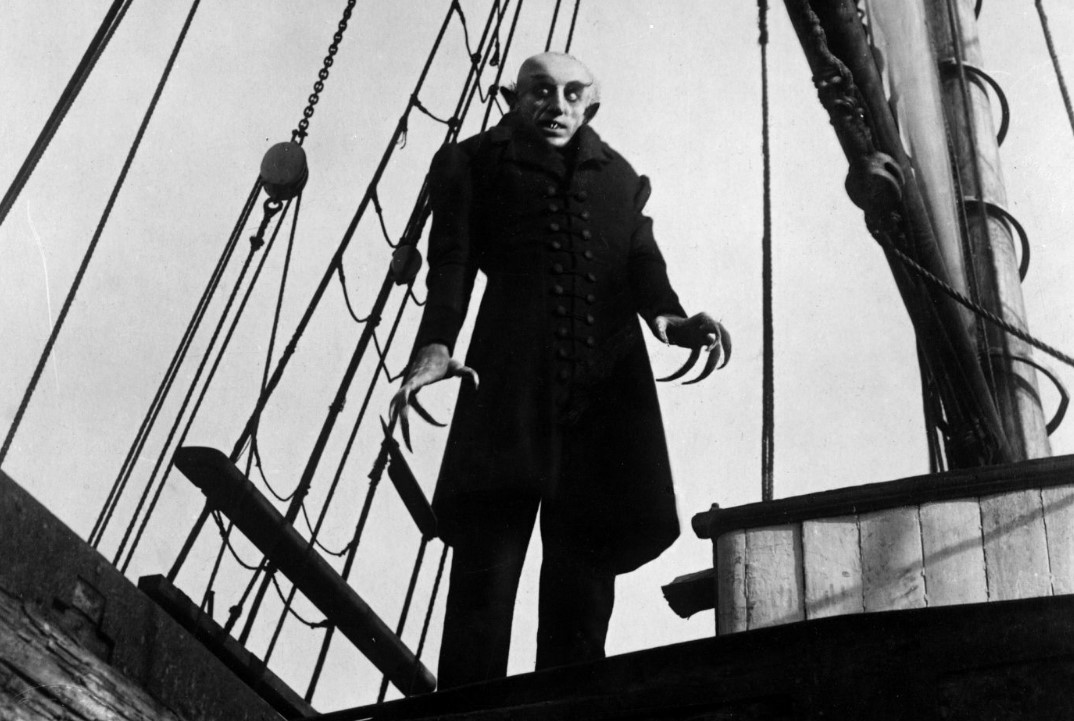(Tao Xing, Beijing Review, 17/06/2025) – Thirteen years ago, I was completely captivated by Mission: Impossible—Ghost Protocol, the fourth movie in the Mission: Impossible franchise. Tom Cruise’s portrayal of Ethan Hunt was electrifying, the plot was thrilling and fast-paced, and his now-iconic stunt, scaling the Burj Khalifa, the world’s tallest building with a height of 829.8 meters in Dubai, the United Arab Emirates, left global audiences in awe.
On the first weekend of this June, my friends and I decided to catch a movie. Almost by accident, we stumbled upon Mission: Impossible—The Final Reckoning, the eighth movie in the franchise. Before we walked into the cinema, I hadn’t even realized that the latest Ethan Hunt adventure was already in theaters. Its production and box office performance were still impressive—but something felt off. After years of watching Hollywood blockbusters, especially those built around lone heroes saving the world, the formula has become all too familiar.
There’s no denying that the Mission: Impossible franchise is a remarkable cinematic achievement. As of now, including the first seven installments, the movie series has grossed approximately $3.9 billion worldwide. With the release of the eighth movie, the total box office is expected to surpass $4 billion.
But as it continues, it faces a dilemma common to many long-running movie franchises: How to stay fresh, compelling and culturally relevant in a landscape where repetition can quickly dull even the brightest spectacle?
Becoming a classic
Since the release of Pirates of the Caribbean: The Curse of the Black Pearl in 2003, this character-driven franchise has carried the image of pirates across the globe for over a decade. With five installments to date, the series has grossed over $4.5 billion worldwide.
The Fast & Furious series, which began in 2001, has evolved into a global box office juggernaut, earning more than $7.5 billion. Its signature showcase of high-end cars, adrenaline-pumping fight scenes and explosive action sequences continues to captivate moviegoers.
No discussion of franchise power would be complete without the Marvel Cinematic Universe (MCU). Since 2008’s Iron Man, the MCU has built an interconnected narrative across more than 30 movies. Collectively, they have earned over $29 billion, making it the highest-grossing movie franchise in history. Within the MCU, the Avengers movies alone account for over $7.7 billion, with Avengers: Endgame (2019) briefly becoming the highest-grossing movie of all time.
Despite their success, all of these franchises face the same challenge: How long can a cinematic universe—or even a single protagonist—stay relevant in an era of rapidly evolving audience expectations? Whether it’s through visual spectacle, fresh storytelling or emotional reinvention, efforts to sustain long-running movie intellectual properties (IPs) have never been more urgent. Inevitably, some movie series have lost the original tone that once set it apart. It has become formulaic, to the point where watching a new installment makes it hard to recall the storyline or characters from the previous one.
Transformers: Rise of the Beasts, the seventh film in the series released in 2023, earned 75 million yuan ($10.5 million) on its opening day on the Chinese mainland—a stark contrast to Transformers: The Last Knight, the fifth entry in the saga, which brought in 300 million yuan ($41.8 million) on its first day of screening. It was widely regarded as a flop, with Chinese audiences mocking its formulaic plot and likening it to other Hollywood blockbusters, calling it part of a “super IP death spiral.”
The James Bond franchise, sharing similarities with Mission: Impossible, is nothing short of a miracle. It began in 1962 and now spans over 60 years, with 25 movies, six actors playing Bond and countless Bond girls. But how much longer can even Bond continue? And, if a new installment were released today, how would it perform?
These IPs have gradually become classics and some have been successfully re-released. For example, the original eight movies of the Harry Potter series, based on J.K. Rowling’s books, achieved immortal success when they were re-screened in China last year, together grossing over 300 million yuan ($41.7 million). But wait—are we going to keep revisiting classic IPs forever?
Beyond the classics
U.S. movie studios have also explored various forms of innovation—for example, a current trend in Hollywood is adapting animated productions or video game IPs into live-action movies. Some adaptations have seen success, while others have failed to resonate. In 2023, the live-action remake of The Little Mermaid earned just over 20 million yuan ($2.8 million) after 21 days in Chinese mainland theaters, falling far short of the strong performance Hollywood movies once enjoyed in the market.
Some IPs have spawned new spin-off series. The Harry Potter franchise was later extended through the Fantastic Beasts prequels, though audience reception has been mixed, revealing the risks of expanding a popular IP beyond its natural arc. Contrastingly, The Hobbit, as a prequel to The Lord of the Rings trilogy, has been successful.
Meanwhile, U.S. movie producers no longer seem to be the dominant trendsetters they once were. Local movie industries in many countries are on the rise, creating new and original IPs.
The Chinese movie series Detective Chinatown, which began in 2015, has been running for nearly a decade. The four installments have collectively grossed more than 12.3 billion yuan ($1.2 billion). The movies follow the boisterous private investigator Tang Ren, played by Wang Baoqiang, and his introverted, highly intelligent nephew Qin Feng, portrayed by Liu Haoran, as they tackle mystery cases in cities including Bangkok, New York and Tokyo.
Mahua FunAge has become a towering comedy brand in the Chinese movie industry. Ever since the success of its big screen debut, Goodbye Mr. Loser, in 2015, the company has produced many comedy movies. Most are based on popular theater productions and turn out to be box office sensations.
The animated movie Ne Zha, adapted from Chinese mythology, was a 2019 box office hit. Its sequel, Ne Zha: Demon Child Conquers the Sea, or Ne Zha 2, has taken the Chinese movie market by storm this year. Crafted over five years by a team of 4,000 animators, Ne Zha 2 has become the world’s highest-grossing animated movie, garnering more than $2.2 billion globally. The movie has also hit cinemas in more than 30 overseas markets.
We cannot deny the prominent status of U.S. cinema, especially Hollywood movies. However, we must also recognize that emerging markets are bringing diversification to the movie industry.
The values and worldviews shaped by U.S. movies are being reexamined by audiences. This phenomenon is not limited to the movie industry—many other cultural sectors are also seeing the new forms of IP images. This is both a growing trend and an inevitable occurrence in the cultural realm, as each generation develops its own aethetics and perspectives.
Tao Xing, Beijing Review, 17/06/2025 – Fading Power Of Hollywood























